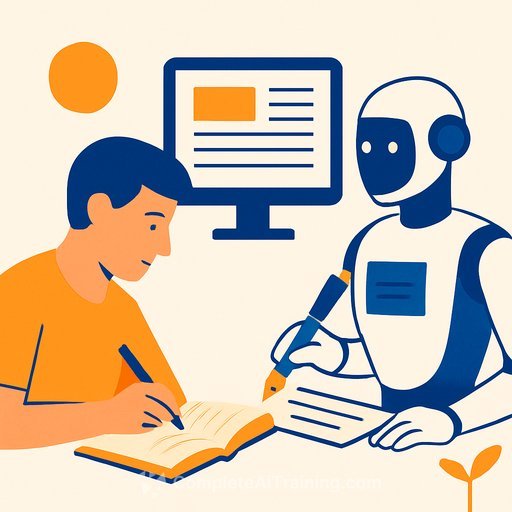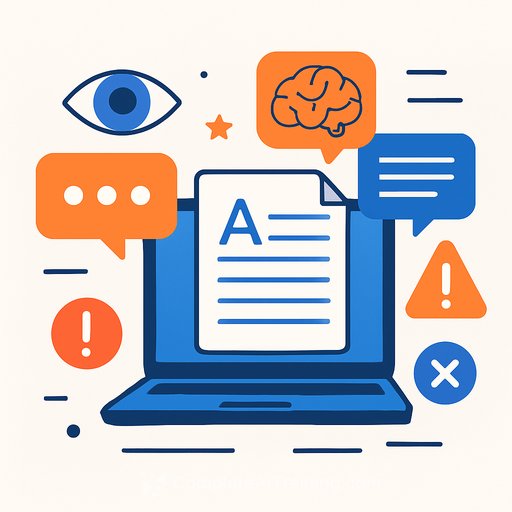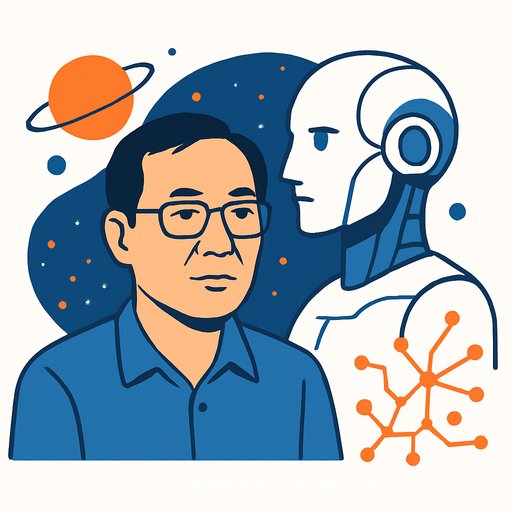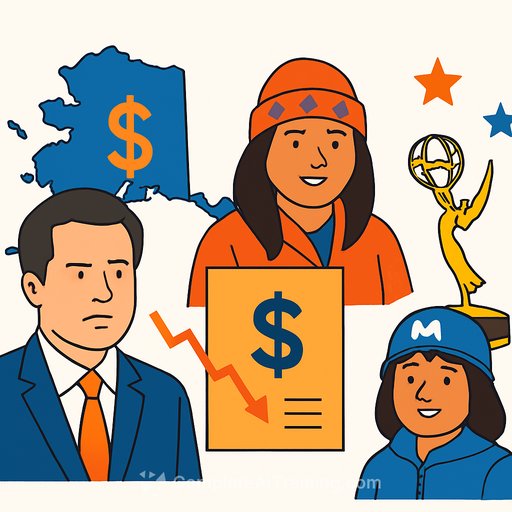Writing Has Nothing To Fear From AI - Only From Its Promoters
Writers don't have a problem. Executives addicted to dashboards do.
We've seen this before. The "pivot to video" told publishers that text was dying, video was the future, and jobs were unnecessary overhead. Years later, the data behind that push was exposed as inflated, yet the damage was done - writers laid off, craft devalued, trust burned. Source.
Then came the Metaverse. Virtual offices. VR classrooms. Tens of billions spent, worlds that never shipped, and mass layoffs when the hype cooled. Source.
Now the pitch is "personal superintelligence." Data centers across the globe, from Wyoming to Sydney, planned to draw staggering amounts of electricity and water so machines can predict text. Meanwhile, writers and editors are told to make way for prompts and spreadsheets.
Video Is Passive. Text Makes The Reader Do Work.
Video hands you the image, the voice, the pacing. It fills the gaps for you. That's efficient - and forgettable.
Text forces a collaboration. The reader supplies faces, rooms, judgment, forgiveness. Your sentences trigger their memories, not an autoplay's next frame. That's why great writing lingers.
Proof From The Page
Some books move in and never leave. They reshape how you see yourself and the world.
- Shirley Jackson's The Haunting of Hill House: beneath the ghost story, a current of queer longing that many ignored for decades. Those who felt it, felt seen.
- Dee Brown's Bury My Heart at Wounded Knee: a ledger of state-sanctioned atrocities that shatters the romance of the "Wild West." Once read, you can't unsee it.
- Tim Winton's In The Winter Dark: an Australian Gothic built on guilt, regret, and denial. The scariest thing in the bush is what we refuse to say to each other.
These books endure because a writer's lived experience met a reader's life at the right moment. That exchange can't be automated.
The Real Threat Isn't AI - It's Erasing People, Context, And Truth
AI isn't inherently bad. Blind adoption is.
Chasing short-term savings by replacing writers with predictive text hollows out trust, strips context, and floods feeds with sameness. Building huge data centers that drink city-scale water and consume massive electricity to guess the next token while cutting newsroom staff is a values problem, not a tech problem.
What Endures: The Writer-Reader Contract
Your job isn't to type faster. It's to transfer lived moments with such specificity that a stranger feels them.
The sentence is the interface. The reader sets the lighting, the soundtrack, the tempo. You bring the truth, the detail, and the tension. Together, you make meaning.
Make Your Writing Irreplaceable
- Write from events you paid for with time, risk, or shame. Machines can remix style; they can't fake stakes.
- Prefer the concrete to the abstract. Swap "sad" for "he laughed during vows and couldn't stop."
- Name the cost. What does your character lose if they fail? What did you risk to learn this?
- Audit every sentence for default phrasing. If you've read it a hundred times online, cut or rewrite.
- Use constraints: 700 words, single scene, one turn, one image that recurs.
- Steal structure, not voice: borrow arcs from film, rhythm from music, clarity from technical manuals.
- Read old, read outside your niche, and reread. Depth beats volume.
Use AI Without Losing Your Voice
- Keep it upstream/downstream: research triage, outlines, fact checks, and copyedits - not the core draft.
- Maintain a "voice bank": your phrases, metaphors, and taboo words. Compare outputs against it.
- Protect your data and sources. Don't paste contracts, private notes, or unlicensed text into public models.
- Institute "offline days": draft by hand or in a plain editor. Friction sharpens thought.
- Publish a policy for clients: where AI is used, where it isn't, and how you verify facts.
If you choose to explore tools, pick with intent. Avoid bloat, keep your process clean, and learn selectively. A curated starting point for writers is here: AI tools for copywriting.
A Short Operating System For Writers
- Daily: 45 minutes of output before input. No feeds, no prompts.
- Weekly: one piece that risks embarrassment. Publish or share with a peer.
- Monthly: study one book for sentences, structure, and scene work. Imitate a page, then invert it.
- Quarterly: collect lived moments - the ones that sting or redeem - and turn them into anchor essays.
The Bottom Line
Writing doesn't fear AI. It outlasts it.
What threatens writing is the same thing that threatened it during the video push and the Metaverse pitch: leaders who offload judgment to hype and spreadsheets. Keep your craft human, your process disciplined, and your standards high. The work that changes a life will always win.
Your membership also unlocks:






